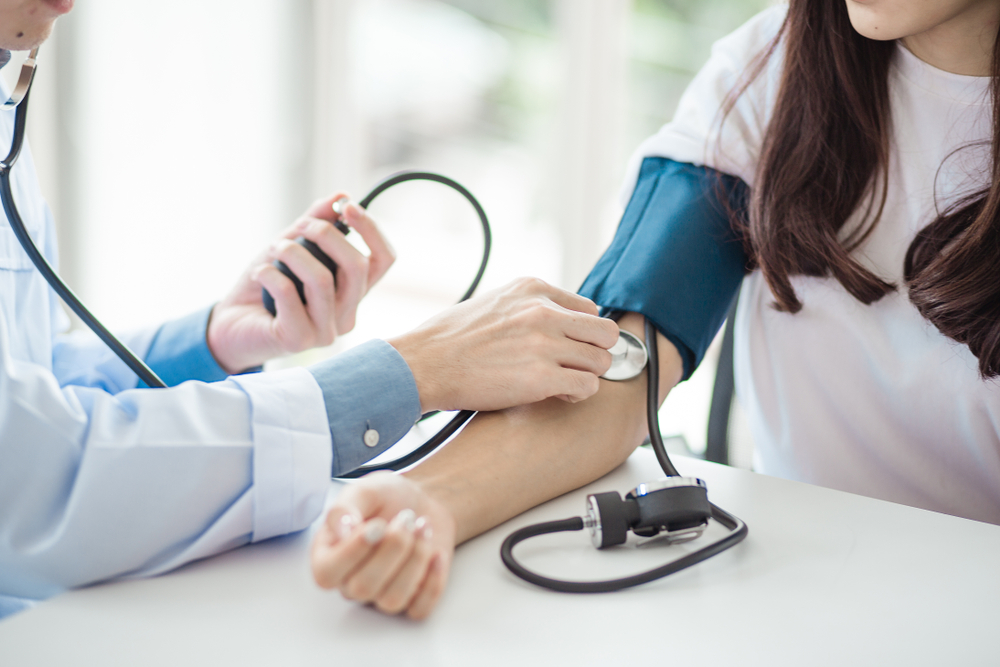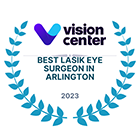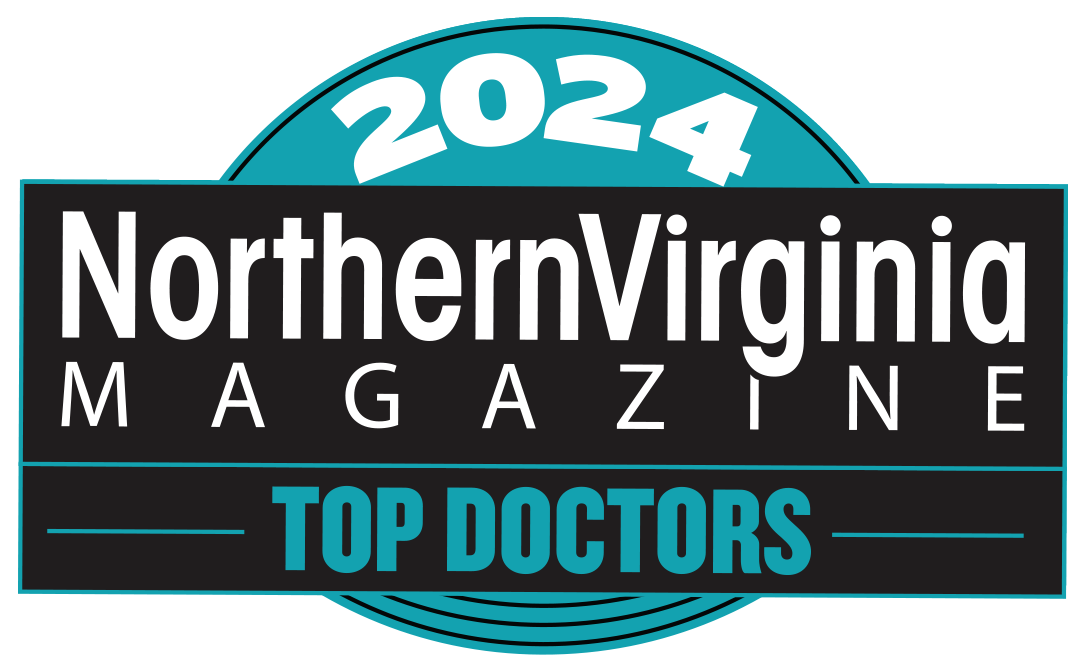
Glaucoma is a group of eye diseases that can damage the eye’s optic nerve and result in vision loss and blindness. It is damaged through constant pressure building up in the eye through poor fluid drainage. This pressure is referred to as ocular hypertension.
That word - hypertension - is more commonly associated with having high blood pressure. Lo and behold, there is a connection between increased ocular pressure and abnormal blood pressure that you should be aware of.
What Role Does Blood Pressure Play in Glaucoma?
High Blood Pressure & Glaucoma
Anything that negatively affects the vascular system can lead to negative affects on the optic nerves. High blood pressure places increased stress on the body and could increase pressure on the eyes. In fact, the relationship between blood pressure and eye pressure has its own name: ocular perfusion. Having high blood pressure can exacerbate the pressure being exerted on the eyes, speeding up and worsening any damages to the optic nerve.
Low Blood Pressure & Glaucoma
On the other end of the spectrum, low blood pressure can also spell trouble for those with increased ocular hypertension. This is due to the blood pressure not being able to combat the increased pressure surrounding the eye. If the blood pressure is too low, blood may not be able to successfully enter the eye at the rate needed to deliver oxygen and other nutrients to the cells. Starving the eye’s cells in this way will also lead to vision problems such as glaucoma.
Ocular Hypertension vs Glaucoma
While pressure buildup in the eye is a key symptom of glaucoma, all patients with this type of pressure do not automatically have glaucoma. Just because you have high or low blood pressure does not mean you will experience ocular hypertension, and having ocular hypertension does not mean you have or will have glaucoma. All of these conditions are related, but not guaranteed.
However, those who experience ocular hypertension are at a greater risk for developing glaucoma and the vision loss associated with it. Ocular hypertension is additionally hard to pick up on, as the only real way to determine eye pressure is with an exam performed by your ophthalmologist.
Because high and low blood pressure are glaucoma risk factors, the medical team at Silk Vision & Surgical Center strongly recommend making an appointment if you notice any changes in vision and to maintain an annual check up appointment to monitor the health of your eyes over time.











.png)
